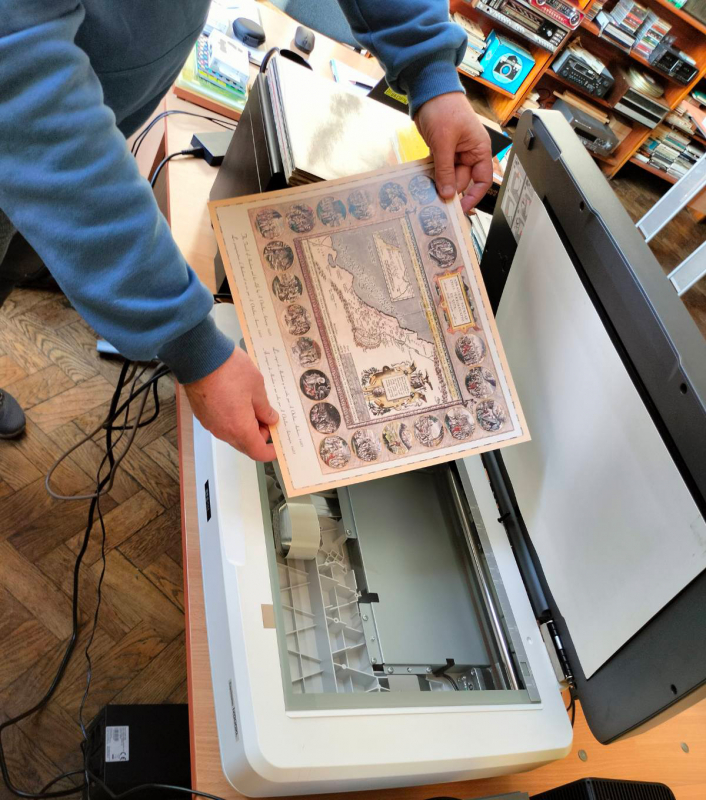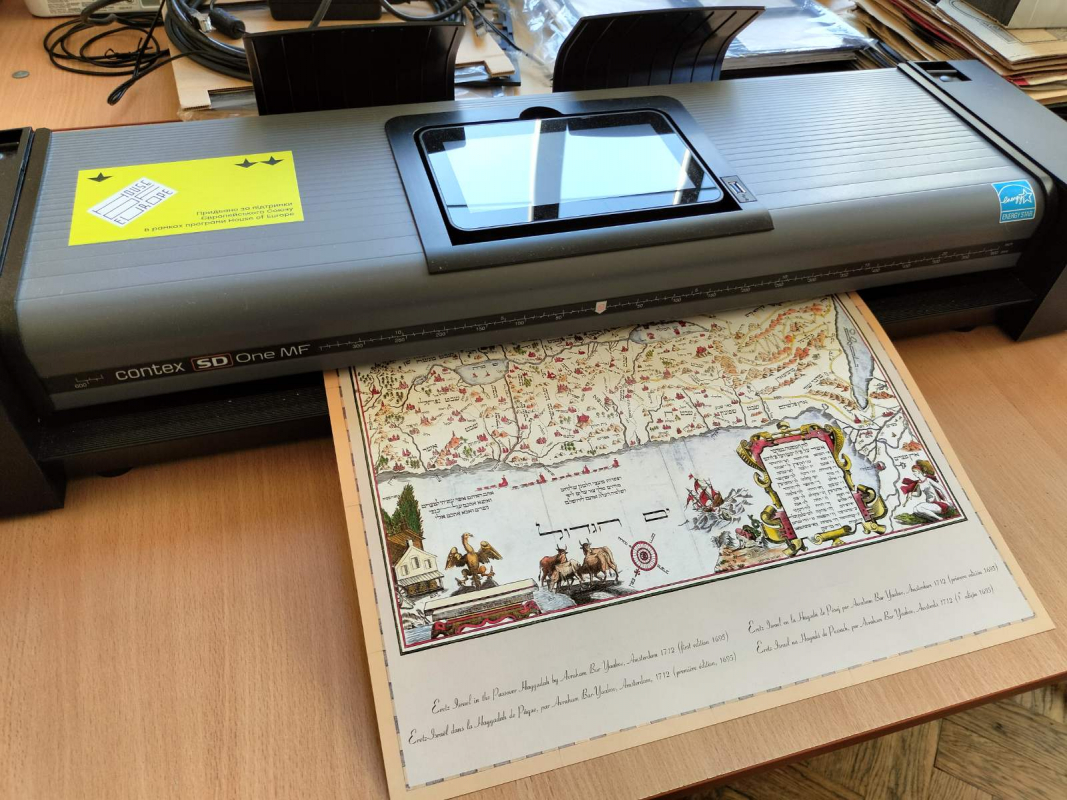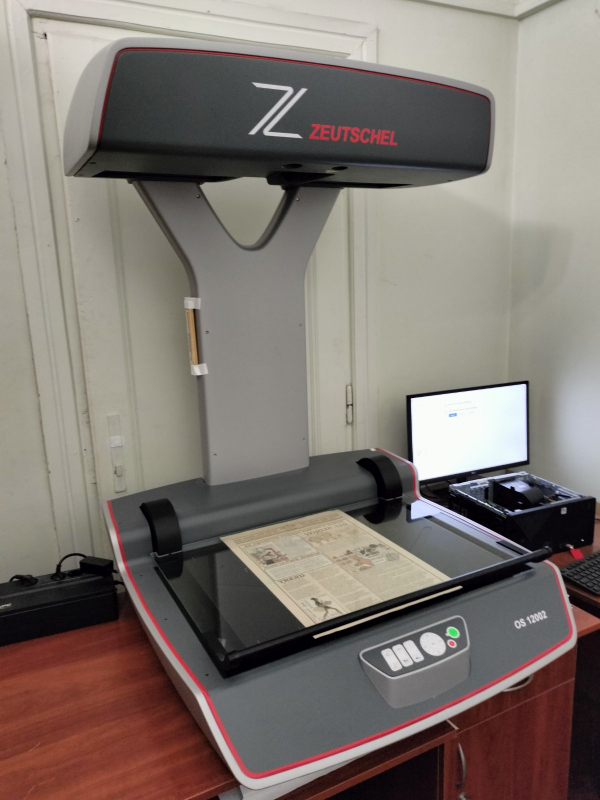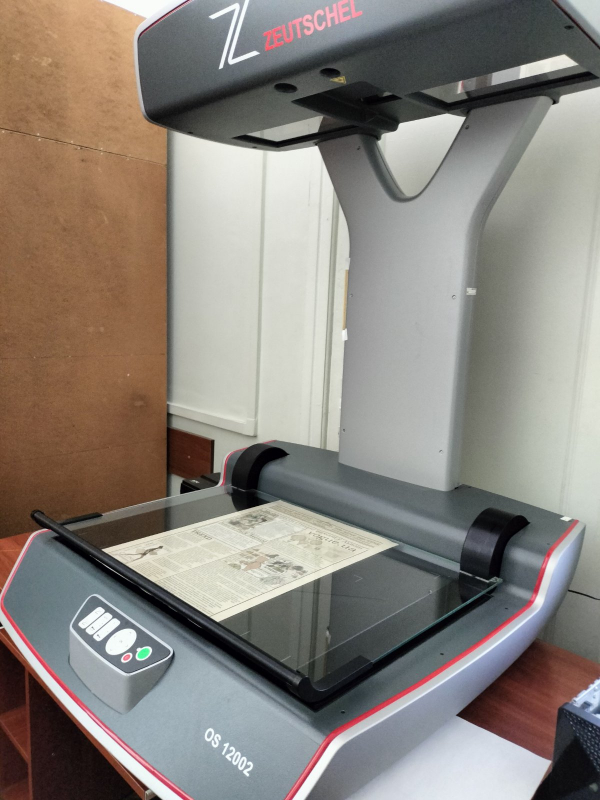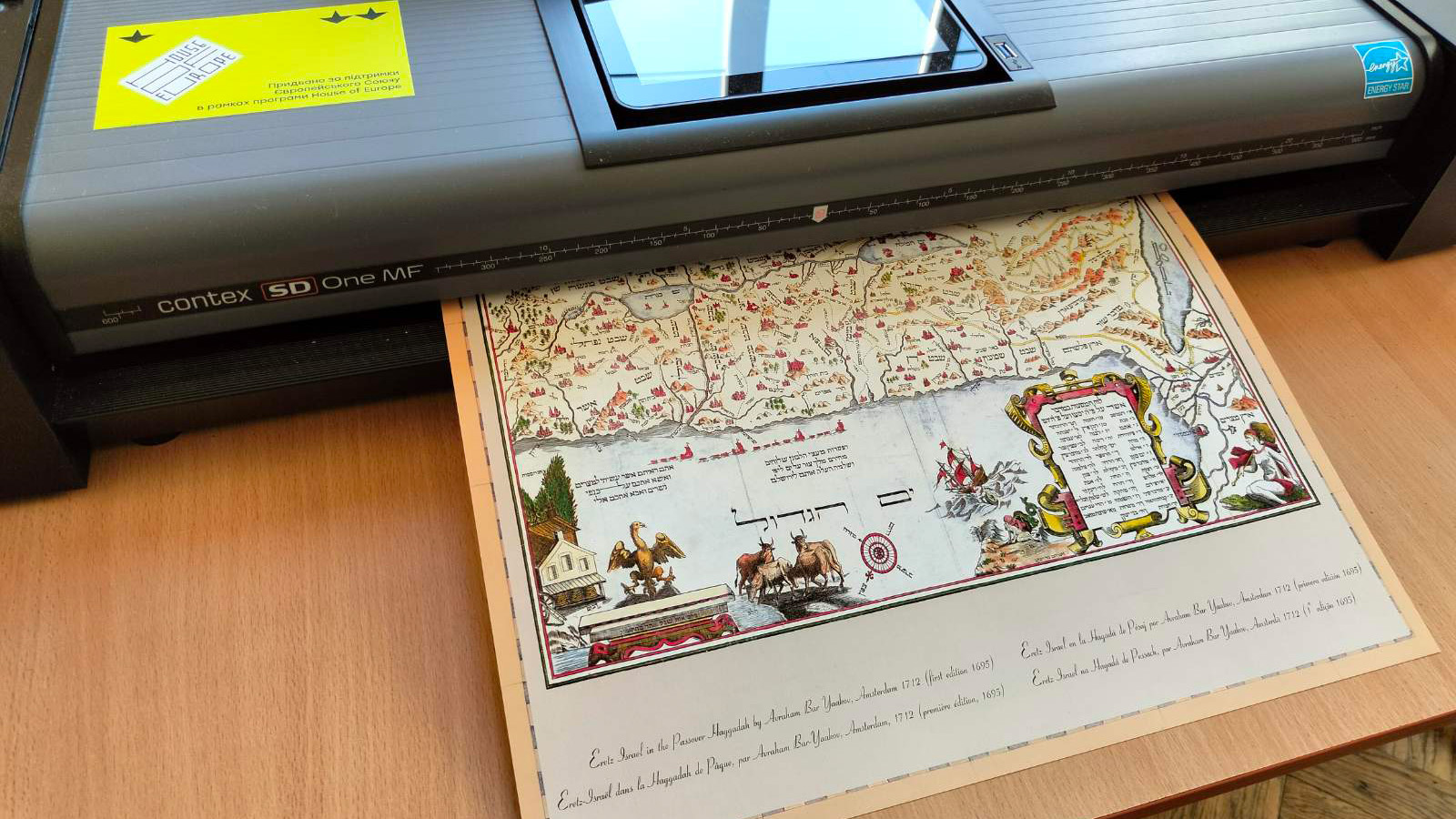This work has already been going on for four years. Employees digitize various literature and fill the electronic library LibraryGO with scanned copies. Andrii Andrukhiv, Director of Scientific and Technical Library at Lviv Polytechnic says:
– During this period, a total of 466 documents were digitized. By the end of 2023, 995 publications from the library collection were presented in the LibraryGO. These are textbooks, manuals, monographs, and reference publications. We fill the system from two sources – electronic copies, which are transferred to us by the Publishing House of Lviv Polytechnic, and the most popular editions of the fund, which are digitized by the employees of our library. Students, academics and all employees of Lviv Polytechnic have online access to full-text documents with mandatory authorization, and all other users have access to document metadata without access to the full text.
– How do you choose literature for digitization? Which do you prefer?
– For educational needs, we select the most popular and limited editions from the fund. Another direction in the selection of documents for digitization is the preservation and presentation of valuable and rare publications from the library fund. We place them in an electronic archive – and all users have free access to them. For the most part, such documents do not belong to educational literature. For example, from this series we digitized the periodical Dźwignia from 1877−1882, Polytechnic Society in Lviv, and Czasopismo Techniczne from 1881−1917.
To support the library’s technological processes, such as inventory, there were digitized the library’s old books from the beginning of the fund’s formation (1850–1939) and printed catalogues for this period.
In 2023, the library employees digitized the collection of photo films which the famous Lviv scholar Oleksandr Shyshka, a long-term director of the library (1993–2015), received as a gift. These are more than 300 author’s photos from 1985–1992 – a collection of 24 photo films, 18 of which are dedicated to the Lychakiv cemetery and are the basis of this fund. This material is an important source for studying the history of Lviv in general and the Lychakiv cemetery in particular.
We are currently researching a part of the library’s collection up to 1939. We pay special attention to documents that demonstrate the development of the university’s scientific schools, we select unique publications that need restoration, further digitization and presentation to readers.
